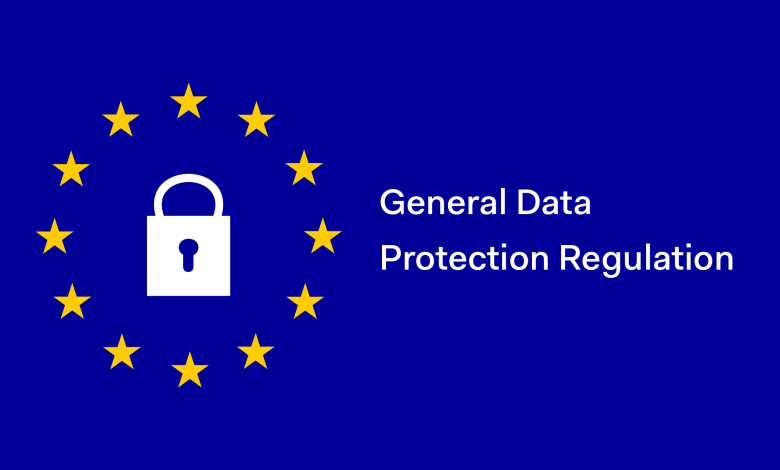
Rights Of Data Subjects
The General Data Protection Regulation (GDPR) is all about protecting personal data . The person whose personal data is processed is called the ‘data subject’. The GDPR gives data subjects more opportunities to stand up for themselves when it comes to the processing of their data. Below is an overview of the rights of data subjects Click here.
The right of access
The right of access is the right of data subjects to inspect the personal data that are processed about them.
Right to be forgot
The right to be forgot is the right to be ‘forgot’. The organization must then delete personal data at the request of the data subject. Situation are conceivable in which this right does not apply, for example if the organization process the data because there is a legal obligation.
The right to rectification
People have the right to amend and supplement personal data that an organization process about them, so that they are process correctly.
Is your company already GDPR-proof?
Privacy Zecher helps entrepreneurs with tools, documents and guidance so that they can comply with the GDPR. Simple and affordable.
This means the right to transfer personal data to another organization.
Restriction of processing
The right to restriction of processing gives the data subject the right to have less data processed.
The right to a human view in decisions
The GDPR gives people the right to a human view in decisions that concern them. Some organizations make decisions based on automatically processed data. For example, in the automatic rejection of a credit application submitted online or in the processing of applications via the Internet without human intervention.
The right to object
People have the right to object to the processing of their personal data. This right to object applies if an organization uses personal data for marketing purposes. Someone may also want to make use of this right for special personal reasons.
The right to information
A data subject has the right to clear information about the collection and processing of personal data. For example: which personal data does the organization process and why? Organizations usually provide this information via a privacy policy on their website Click here.
Several European countries have taken steps to facilitate access to outstanding balance insurance for individuals with health problems. In Belgium, the law of 4 April 2019 introduce a “right to be forgot”: people who declare cured of cancer for at least 10 years can take out outstand balance insurance without having to pay an additional premium relate to their cancer history. In addition, two reference grids attached to this law provide for “relax” conditions for certain cancers and for some chronic diseases: a waiting period of less than ten years, a maximum additional premium, and even a ban on refusing insurance. The law also stipulate that these reference grids must be regularly re-evaluate to monitor the development of medical progress. The KCE is responsible for this re-evaluation. If the insurer has doubts about the insured’s ability to repay the loan in full.



